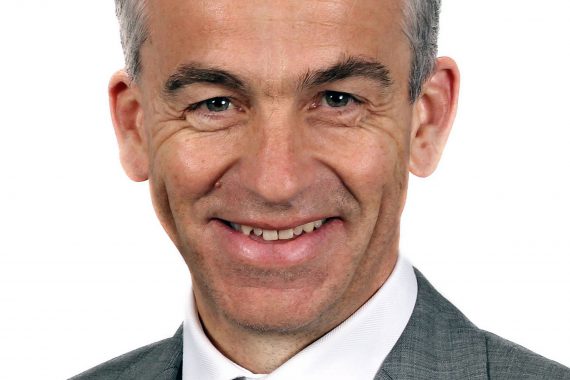The £220m or 3.2% funding uplift for general practice announced in the 2016/17 contract is intended to cover increased costs facing GPs and also deliver GPs a 1% pay rise. But this is a blunt instrument, and each individual practice will need to consider its own circumstances to see whether it will get more or less than 1%.
Here are some of the costs that could cut into the pay increase.
Staff costs
As the additional funding is routed through the GMS global sum or PMS baseline, the additional funds will be proportional to patient numbers, and not existing staff costs. This means that practices with higher than average staff costs may find that the additional funding from the contract does not cover the additional cost. For example, practices employing salaried GPs or nurse practitioners will be more likely to see a decrease in profits, as their staff costs per patient are higher.
On 6 April 2016 employer and employee national insurance contributions are increasing, affecting all staff in the NHS pension scheme.
This will not change NI contributions for employees not in the NHS pension scheme or contributions for partners.
I estimate for a typical practice the overall increase in staff costs will be about 2%. The additional cost will depend on the pay of the employee. For example, for an employee earning £10,000, the employer will pay an extra £142 per year and the employee will pay an extra £58. For an employee earning £40,040 or over, the increased contributions are capped and your contribution will increase by £1,165 and the employee contribution by £479.
CQC fees
We don’t know exactly how much CQC fees are going to rise, as the results of its consultation have not been published. However, under one proposal to increase fees within two years, fees will rise by 255% next year and under another (with fee increases over four years) fees will rise by 85% next year. For a practice with 5,001-10,000 patients this translates as an increase from £725 to either £2,574 or £1,341 next year. These figures suggest that the fees will hit hardest in practices with patient numbers that are just above one of the fee thresholds.
Indemnity rises
The funding uplift is an overdue help for increasing indemnity, which Pulse reported rose 26% last year. But practices with higher indemnity costs because of a previous poor claims history may not benefit sufficiently from the increased funding.
Luke Bennett is a partner at Francis Clark LLP and a committee member of the Association of Independent Specialist Medical Accountants

















